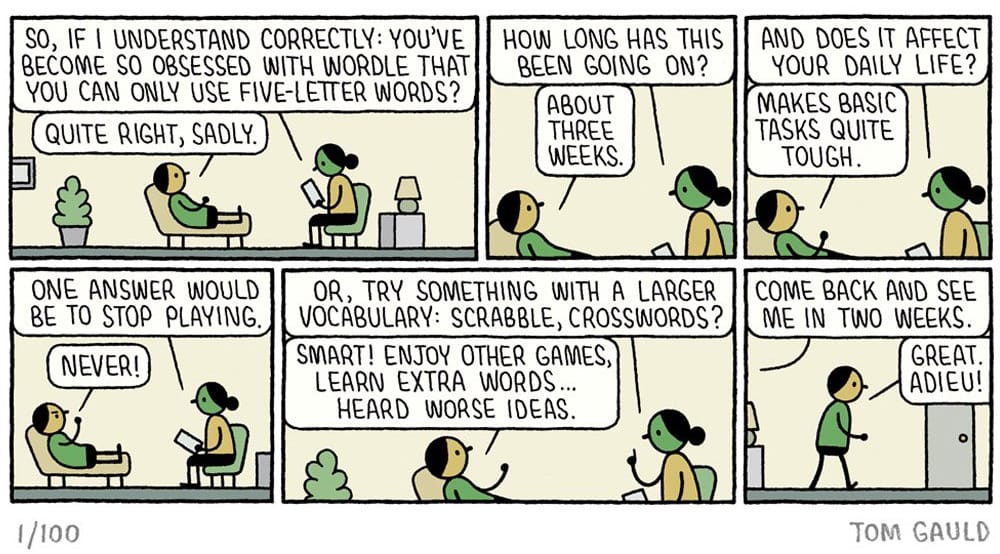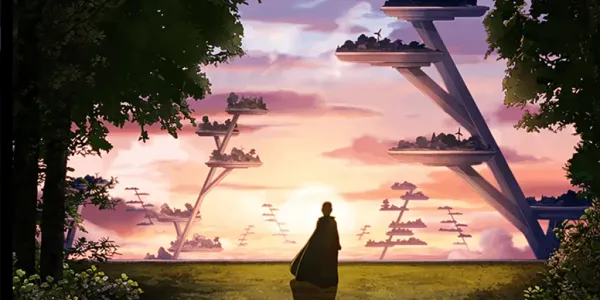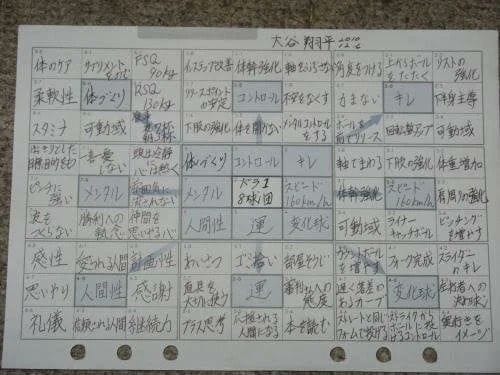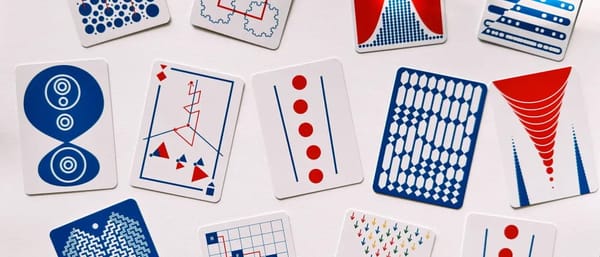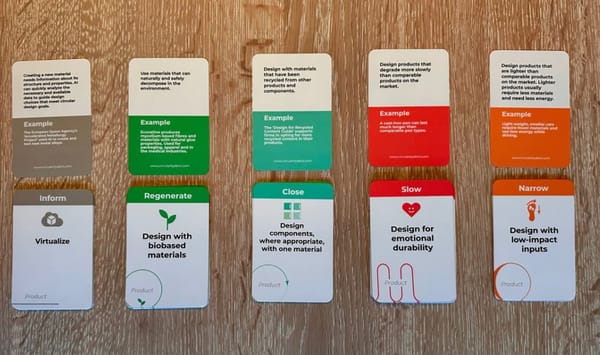№ 76 | Olympic Dataviz, A Strategy Based on The Periodic Table, Dimensionality & Agency, A Shared Commons, The Happiness Workout Deck, and a Sneak Peek at the Zombie Leadership Cards
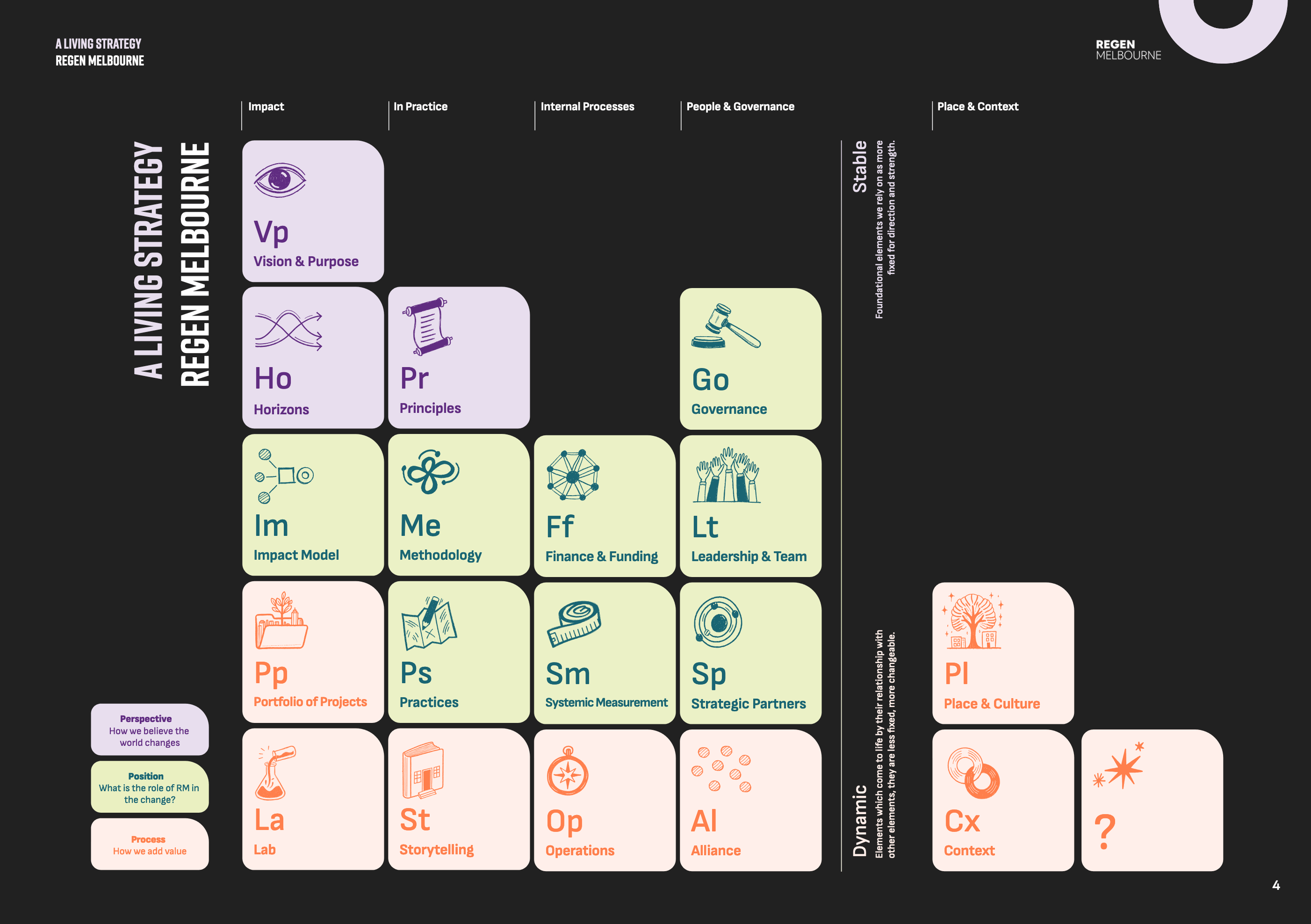
Two amazing data visualizations from the Olympics
I love stumbling across novel, or at least uncommon, ways to represent information. These visualizations from dataviz designer Krisztina Szűcs are 🧑🍳🤌💋:
First, a multi-tiered cake chart representing the Women's Pole Vault Finals:
Then, this fencing (🤺) visualization:
Strategy as… A Periodic Table?
Here’s a strategy model based on the periodic table!
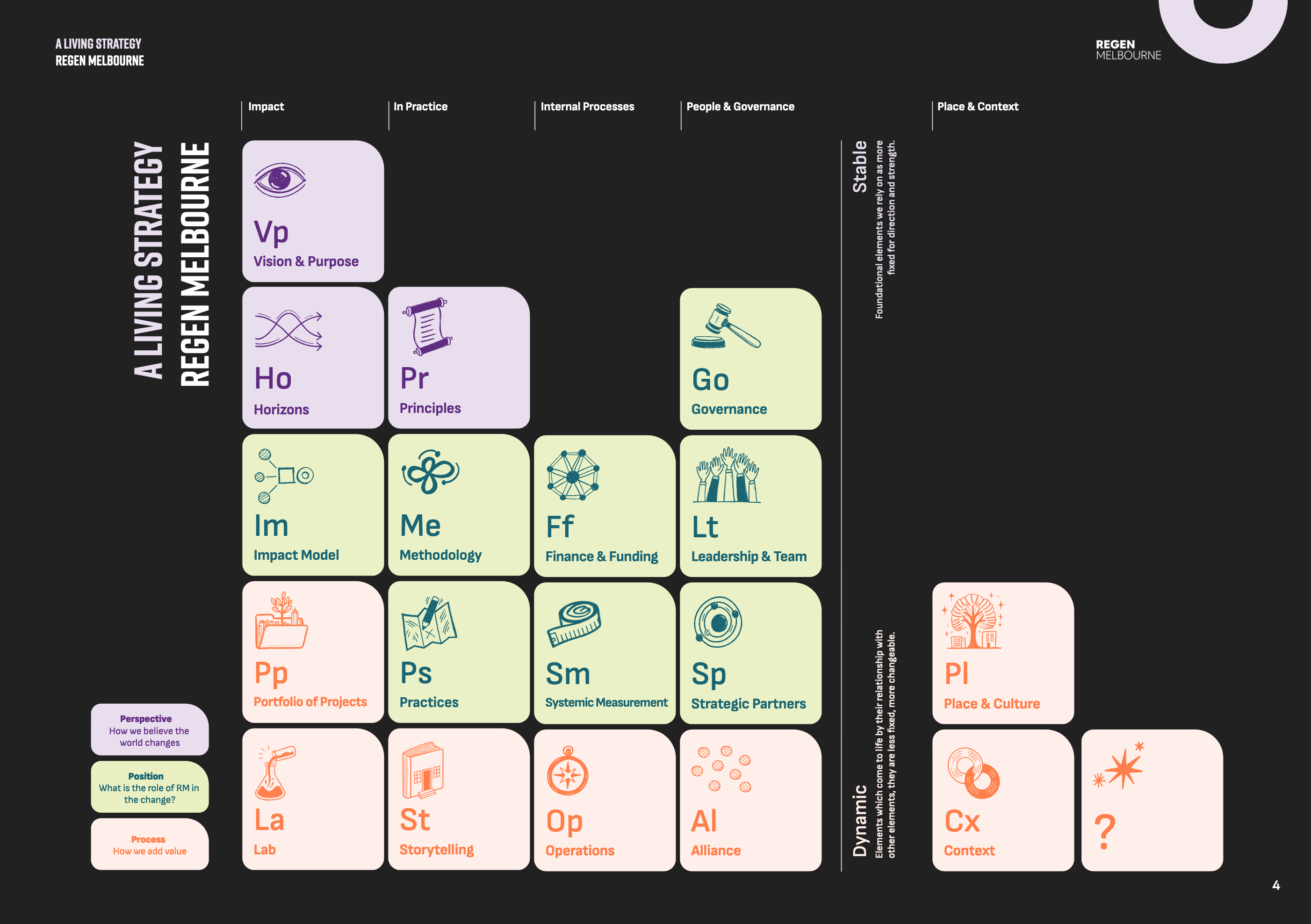
Recognizing “there is no shortage of models for change in the world,” the Regen Melbourne team opted to organize this “plurality of approaches… into a coherent living strategy” using the analogy of the periodic table. I like that this does more than parrot the form of the periodic table, but actually has some organizing principles driving the placement of things. As with nature, certain elements of this strategy are stable and strong, and others are unstable and dynamic (with a spectrum between). And then there’s also color coding for Perspective, Position, and Process related activities. I can easily imagine using this structure to organize other elements/strategic activities.
What makes wicked problems really wicked?
I’m quite wary of reducing complex topics to a simple 2 dimensional model. That said, if you have to pick just two dimensions upon which to classify ‘wicked problems’, dimensionality and agency are a fairly robust pairing. See for yourself:

Per Joss Colchester’s very short posting on LinkedIn:
Dimensionality means the crossing of different domains and involves multiple interdependent factors. Agency means there are many actors with different perspectives and incentives involved in one centralizing organization.
Shared Commons
Honestly, I’m sharing this more for the illustration, than the article itself. While the article “Making Metaphors into Models” is good and all (another indictment of “The Tragedy of the Commons”), just look at the hopeful narrative suggested by this image:

The Happiness Workout Deck
Here’s a new card deck project on Kickstarter that could use some love: It’s The Happiness Workout Deck, where each card “offers a quick, actionable exercise designed to boost your happiness.” Per the description:
The Happiness Workout Deck includes 56 unique cards. There are six instruction cards and 48 unique happiness exercises.Each workout card offers an exercise rooted in one of The Eight Pillars of Happiness - Authenticity, Confidence, Gratitude, Optimism, Purpose, Feeling, Curiosity and Compassion.
Each happiness exercise comes with a scientific explanation. Understand the why behind each exercise with brief, insightful descriptions rooted in the science of happiness.

Speaking of card decks…
A 👀 sneak peek 👀 at the Zombie Leadership Cards:
A few issues ago, I shared the “Zombie Leadership” paper with an overt suggestion that somebody should make this into a game, of some kind. Well, Nick Drage, who also loves designing business games, reached out to say ‘let’s do this!’ We’re still very much in the early prototyping stages, but we’re quite excited by the many directions this might go. Here’s a sneak peek at the card deck:
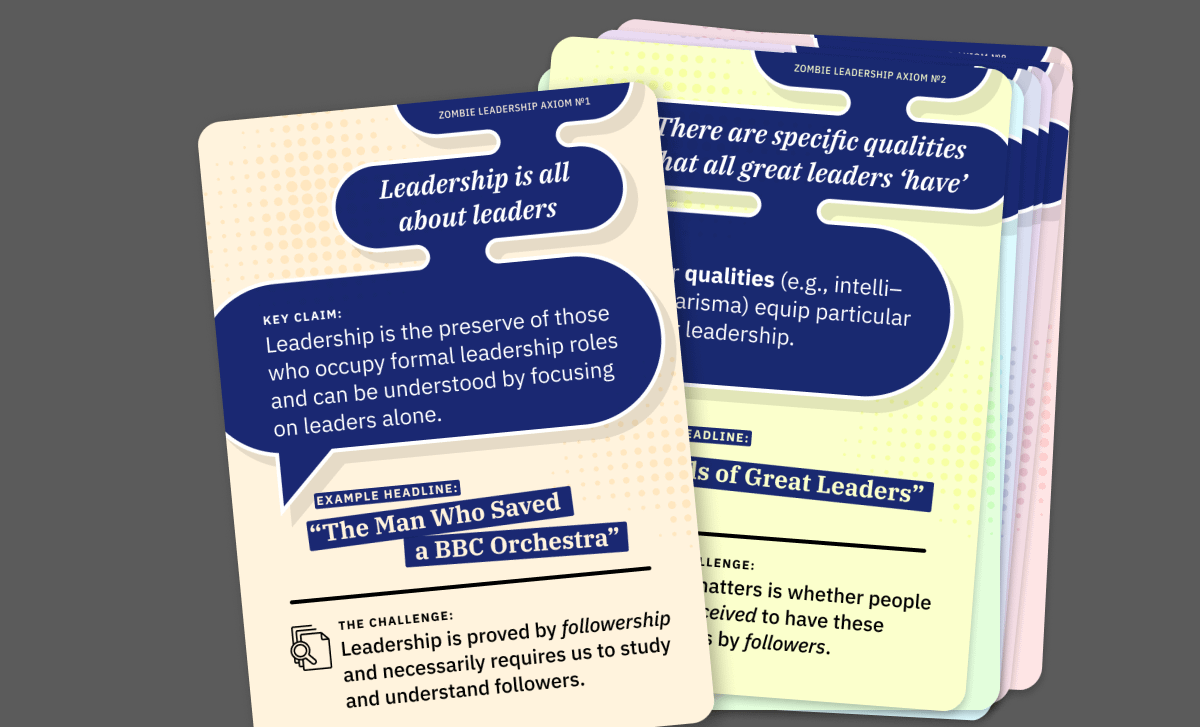
And… Only for email subscribers, I’ll be sharing a free print and play (PDF) version of these cards, in the next week or so.
***BONUS Fun Thing: As both a Wordle addict and a fan of Tom Gauld’s illustrations, I kind of love this Wordle Print:
